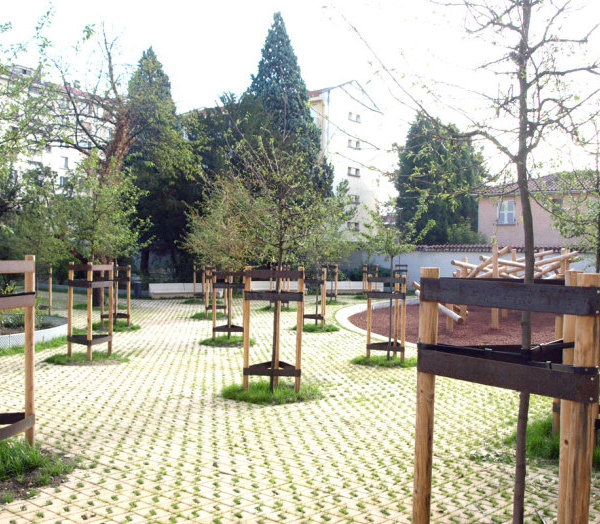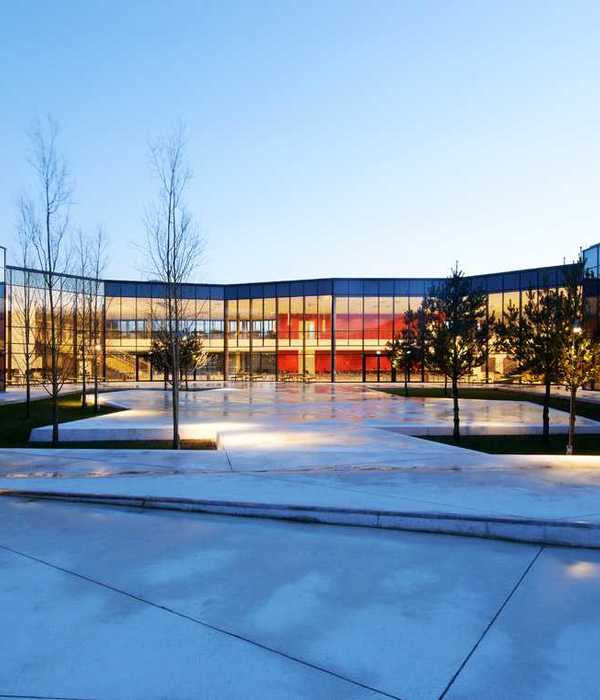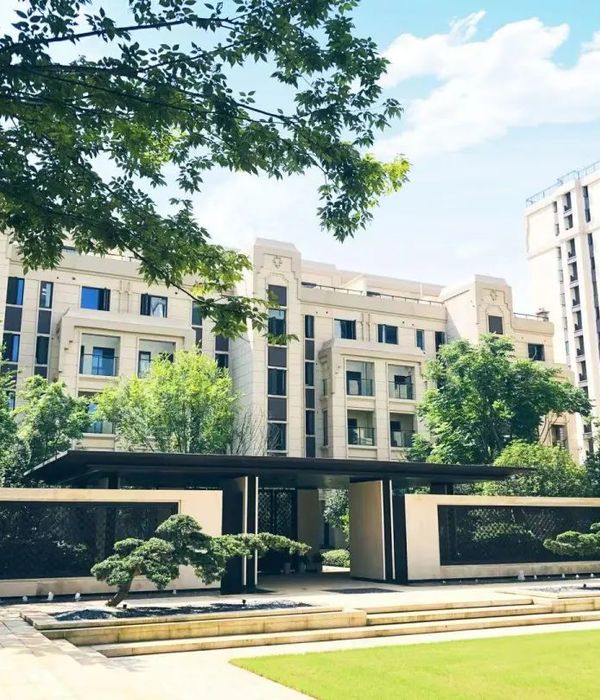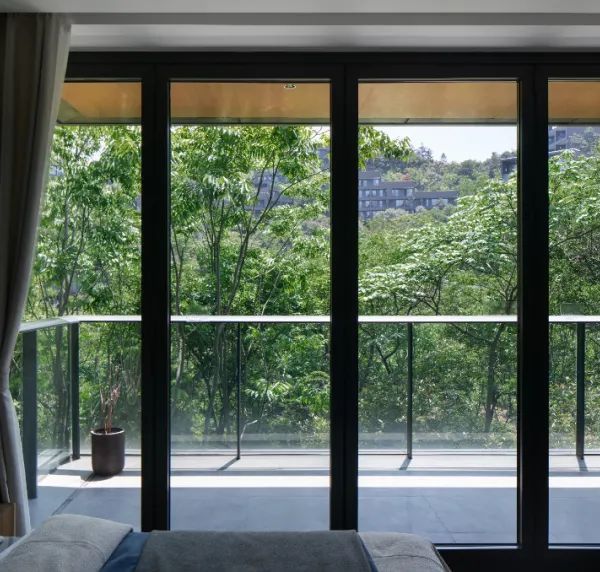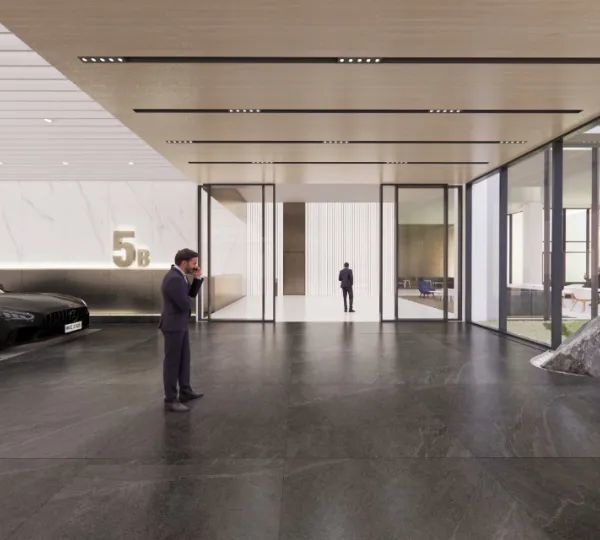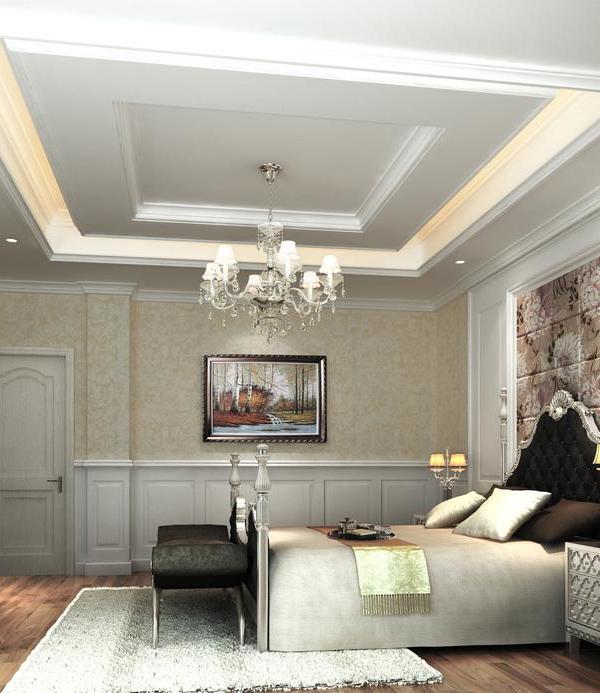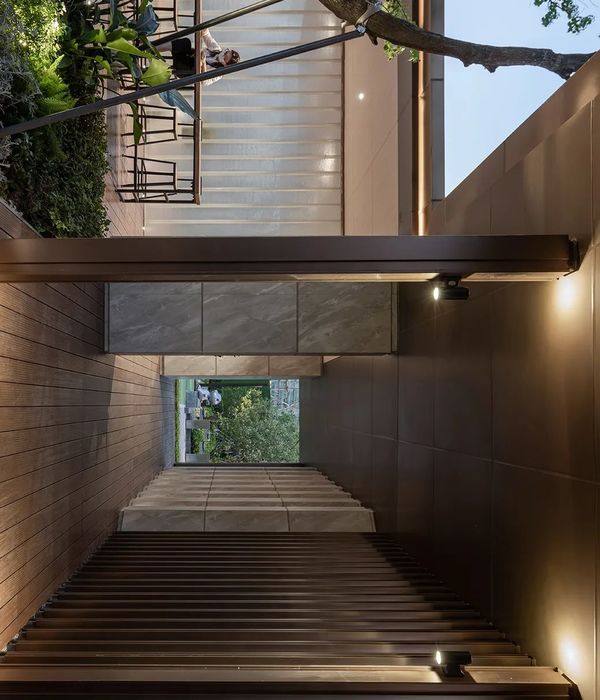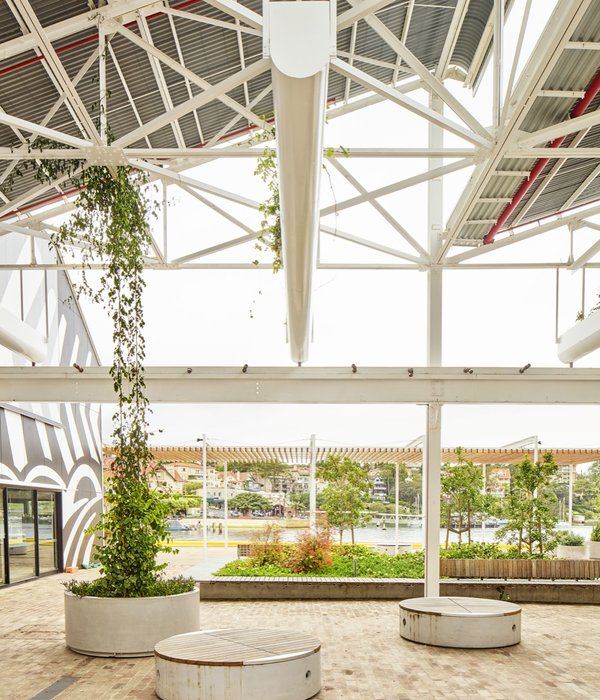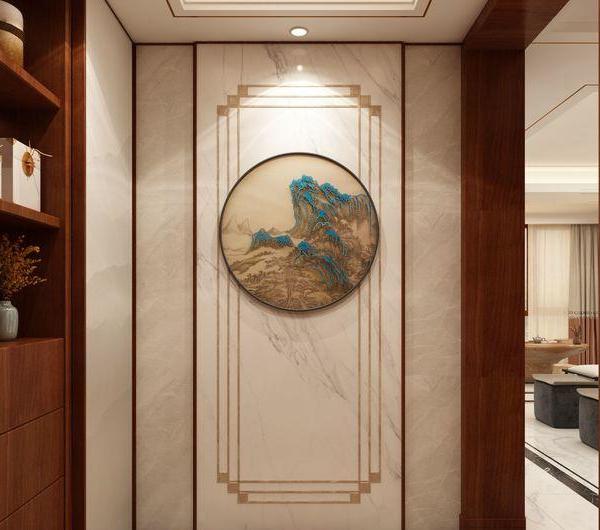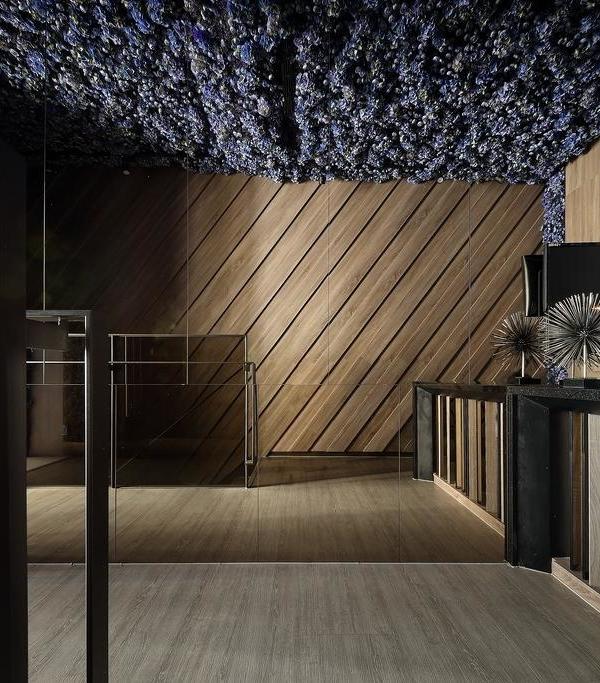Sebastian van Damme:这是勒·柯布西耶为印度棉纺织协会设计的一座总部大楼,它不仅具有服务于中心的行政功能,而且还为纺织协会举行全体集会提供了必要的场所。该建筑坐落在一个可以俯瞰河流的花园之中,在过去可以看到一幅幅如画的风景:染坊工人们在沙滩上清洗和晾晒他们手中的棉料,成群的苍鹭、水牛相伴一旁,驴子浸泡在水中乘凉,椰子树则是装点风景的背景。这样的全景构图是一种新的尝试,设计者试图通过建筑,将每一层的景色框起来,为员工的日常工作、节日宴会、从大会堂的舞台以及从屋顶观看夜景提供便利。
Sebastian van Damme:This is the headquarter of one of the most prominent associations of Indian cotton mill owners. This central office provides facilities for both the central administration and general assembly of the association. The situation of the building in a garden dominating the river furnishes a picturesque spectacle of the cloth dyers washing and drying their cotton materials on the sand in the company of herons, cocas, buffalo, and donkeys half immersed in the water to keep cool. Such a panorama was an invitation to attempt, by means of the architecture, to frame views from each floor of the building-for the benefit of the staff in their daily work, for festive evenings, for night views from the stage of the assembly hall, and also from the roof.
大楼的结构具有强烈的秩序感。建筑朝向根据场地盛行风向而定,东、西立面的遮阳板墙角度根据艾哈迈达巴德所在地的纬度和太阳运行高度精确计算得出,而南、北立面则几乎是“随意”而定。大会堂由双层薄砖墙构成,上面镶有纹理极为夸张的木板,出于声音效果考虑,天花板上还悬挂着两块垂直挂毯。大堂通过弧形天花板反射自然光线来提供间接照明,而屋顶上的两个花园和一个水池则可以保持凉爽,不可否认,屋顶与酒吧一起承接了工人们的晚间娱乐生活。
The structure is strongly disciplined; the building is oriented according to the prevailing winds. The east and west façades have their brise-soleil calculated precisely according to Ahmedabad’s latitude and the course of the sun, while the south and north façades are blind (or nearly so). The roof is used together with the bar for evening entertainment. The assembly hall is constructed of double, thin brick walls panelled in wood (the grain of which is extremely exaggerated in the photographs). The photographs were taken before the seats were installed-either random or concert seating, also two vertical tapestries are suspended from the ceiling for acoustical reasons. The hall is indirectly lighted by reflections from the curved ceiling, which in turn is kept cool by two gardens and a water basin on the roof.
建筑内部的两部电梯可以从建筑底层直通屋顶,服务于所有楼层的工作人员。一条长长的坡道提供了从办公楼中心到停车场的步行通道,当人们登上坡道时,视线会逐渐透过遮阳板看向建筑内部。而在季风季节,车辆也可以直接停在延伸至地面的桥板上。
Circulation: from the lowest level to the roof two elevators serve al] the floors. A long ramp provides pedestrian access from the main office floor to the parking lot. However, in the monsoon season, the autos may park directly up against the brise-soleil which extend to the ground.
建筑南北外墙由抹灰砖砌筑而成,东西外墙则由素混凝土建造,而栏杆采用木材,墙壁则覆盖着金属板。
The north and south façades are constructed of unplastered brick; the east and west façades are of raw, unfinished concrete; the brise-soleil are clad in wood, and the walls in sheet metal.
地板根据“最佳模数”系统以德里石(Morak)铺砌而成,这种石材也被用于左右两侧墙体,直达天花板,同时也作为总裁、董事办公室以及大会堂和屋顶平台上的“石片挂毯”使用。
The flooring is Delhi stone (Morak), which is also placed left and right on the walls up to the ceiling, according to the “Optimum Modulor” system, and serves as a “stone Tapestry” in the offices of the President and Director, as well as for the roof terrace of the assembly hall.
项目名称:棉纺织协会大楼
项目地点:印度
摄影师:Sebastian van Damme
设计:勒·柯布西耶
Project name: Mill Owners’ Association
Project location: India
Photo credits: Sebastian van Damme
Design: Le Corbusier
“ 大楼结构具有强烈的秩序感,建筑朝向也由场地的盛行风向而定”
{{item.text_origin}}


